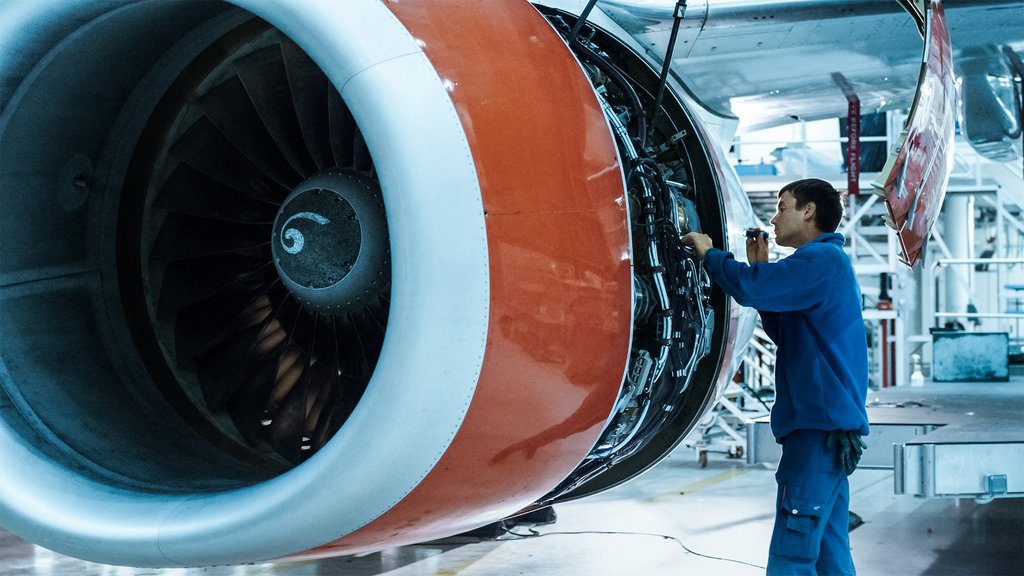Opinions - 27.03.2020 - 00:00
COVID-19 and its impact on the aviation industry
Commercial aviation is suffering from possibly the most difficult time in its history. An article by Andreas Wittmer.

27 March 2020. The International Air Transport Association (IATA) assumes that the airlines’ turnover will drop by 44 per cent in comparison with 2019 or by USD 252bn. This assumption is based on restrictions on air transport for three months.
Global interlinking, which is the main engine of global economic growth, strikingly demonstrates what else global interlinking means. The speed of the spread of the coronavirus makes us aware of internationality and thus also of the extent of interdependence between all countries of the world. Effects that are actually positive can suddenly become negative. The corona crisis shows:
- We are globally much more strongly interlinked than we would have expected, both economically and interculturally.
- The coronavirus is a negative example of effects in global networks. This also encourages us to expect positive effects.
- More autocratic regimes have “advantages” in comparison with democratic systems when it comes to fighting the virus and implementing quick measures.
- Last year’s climate discussion has been put on the back burner, and many companies are likely to postpone their climate investments. The question remains as to whether this does not condemn an even greater problem to oblivion, which could cause even greater economic damage.
How to proceed after the corona crisis?
Many of us are now asking the question how things will go on after the corona crisis. Will society and working life have changed? Will trends towards “new work” and “new life”, which futurologists have been explaining for some years, now become part of everyday life more quickly? Will we still travel as much as before, or have we learnt to deal with digital media in such a way as will result in a global reduction of travel? Will we solve our climate problem in that way? And what does all this mean for the jobs in a country, the necessary infrastructure and the growth-based economy?
Economic science teaches us how we can be successful under the premise of growth. I have begun to question this for some years since it has become apparent that lengthy periods of stagnation may be in the offing. Particularly in aviation in Europe, where airport structures are stagnating and airspace is filled to capacity, it must be possible to be successful in a stagnative environment.
It has been almost overnight that the corona crisis has resulted in this longer-term stagnative or even recessive environment which we have to deal with now. However, what does this mean for the supply industry of aviation? If global aviation demand stagnates, and as long as the world has to recover from the coronavirus, which is likely to take several years, orders are likely to decrease too. This will be felt by the whole supply industry.
Industry must close ranks
One approach to a solution is the quest for synergies in the market environment and alliances to form larger units – either between competitors or between downstream companies along the supply chain. The industry must close ranks and, like after the financial and economic crisis in 2009, look for solutions together (the Swiss Aerospace Cluster with more than 130 member firms that was established in 2010 being a useful example).
Instead of Swiss competition in a global export market, synergetic forms of work could be extended, be it through an integration of competitors or by integration along the value creation chain. We are facing a challenging time. However, it will result in new innovations and make us even more competitive. Together, we will develop into even stronger units in global aviation.
Dr. Andreas Wittmer is Managing Director of the Center for Aviation Competence at the University of St.Gallen.
Image: Adobe Stock / Gorodenkoff
More articles from the same category
This could also be of interest to you
Discover our special topics
















